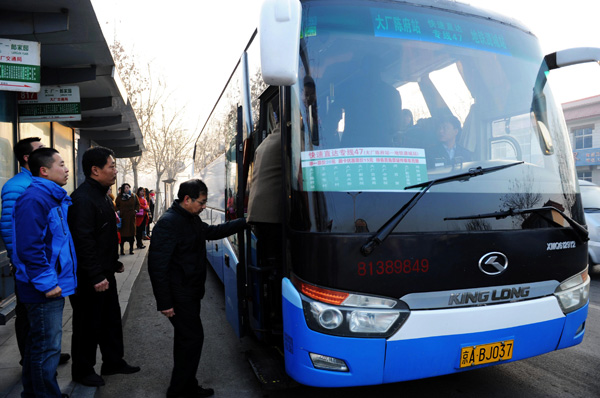Last chance to speculate on China’s leadership transition – China’s latest political and current affairs news
A summary of the top news in Chinese politics and current affairs for October 23, 2017. Part of the daily The China Project newsletter, a convenient package of China’s business, political, and cultural news delivered to your inbox for free. Subscribe here.

The new lineup of the Politburo Standing Committee (PBSC), the seven-member team leading China’s government helmed by General Secretary Xi Jinping, is expected to be announced at the conclusion of the 19th Party Congress in Beijing on October 25. Until then, the media is left to speculate:
- The SCMP says, “Based on information from several sources…the five new faces to join China’s top decision-making body will be Li Zhanshu 栗战书, Han Zheng 韩正, Zhao Leji 赵乐际, Wang Yang 汪洋 and Wang Huning 王沪宁.” Last week, the paper also reported that anti-corruption campaign leader Wang Qishan 王岐山 will retire (see The China Project’s coverage here) and that General Secretary Xi Jinping will pick no heir apparent (coverage here).
- The New York Times adds (paywall) that “three sources citing people close to party leaders” also believe that Xi Jinping will not choose an heir apparent in the next PBSC. The Times also references SCMP’s list, noting, “The Times obtained descriptions of the list before that report appeared.”
Lists such as these purporting to “reveal” China’s leadership transitions have a long history and can generally be dismissed as speculation. But as the Sinocism newsletter notes (paywall), “If the SCMP is right, and we will know in less than 48 hours, it will be a huge win for the paper and its perceived access in Beijing.”
Other speculation on the next round of men set to lead China:
- It will be all men. AFP notes that no woman has ever held a seat on the PBSC, and states, “Women represent only a quarter of the 2,300 delegates attending the week-long congress” — though this surpasses the percentage of female U.S. Congress members, which hovers at around 20 percent. Leta Hong Fincher, author of the upcoming book Betraying Big Brother: China’s Feminist Resistance, tells CNN, “The government has no intention of doing anything substantive to improve female political representation… It’s just doing the talk to appear more responsible as it wants to be viewed as a more prominent global leader.” Read more about gender and power in China here on China Policy Institute: Analysis, and here on The China Project.
- SCMP reports that despite being likely to retire from the PBSC, Wang Qishan may take up a new post at the National Security Commission, according to “sources familiar with” a top-level discussion on Sunday.
- The Wall Street Journal and Foreign Policy both have profiles (here and here, paywalled) of Chen Min’er 陈敏尔, the Chongqing Party boss who — for now — seems most likely to succeed Xi Jinping in 2022, if Xi does indeed retire.
-
Business and the Party
China business chiefs back Xi Jinping and party at congress / FT (paywall)
Executives at large private companies, including Wanda, Lenovo, and HNA, “are rallying around President Xi Jinping as they seek to demonstrate their loyalty to the ruling Communist party.” -
Assertive China
Xi Jinping pushes China’s rise despite friction and fear / NYT (paywall)
“No part of the world seems too small, too near or too far for China’s globe-trotting president, Xi Jinping.” -
Surveillance
China: Voice biometric collection threatens privacy / Human Rights Watch -
Dissent and its discontents
For some Chinese dissidents, party congress means a paid ‘vacation’ / Reuters -
U.S.-China relations
China’s trade officials want easier U.S. security reviews as a concession during Trump visit / SCMP -
Japan
China to keep wary watch on Abe’s push to change pacifist constitution / SCMP






